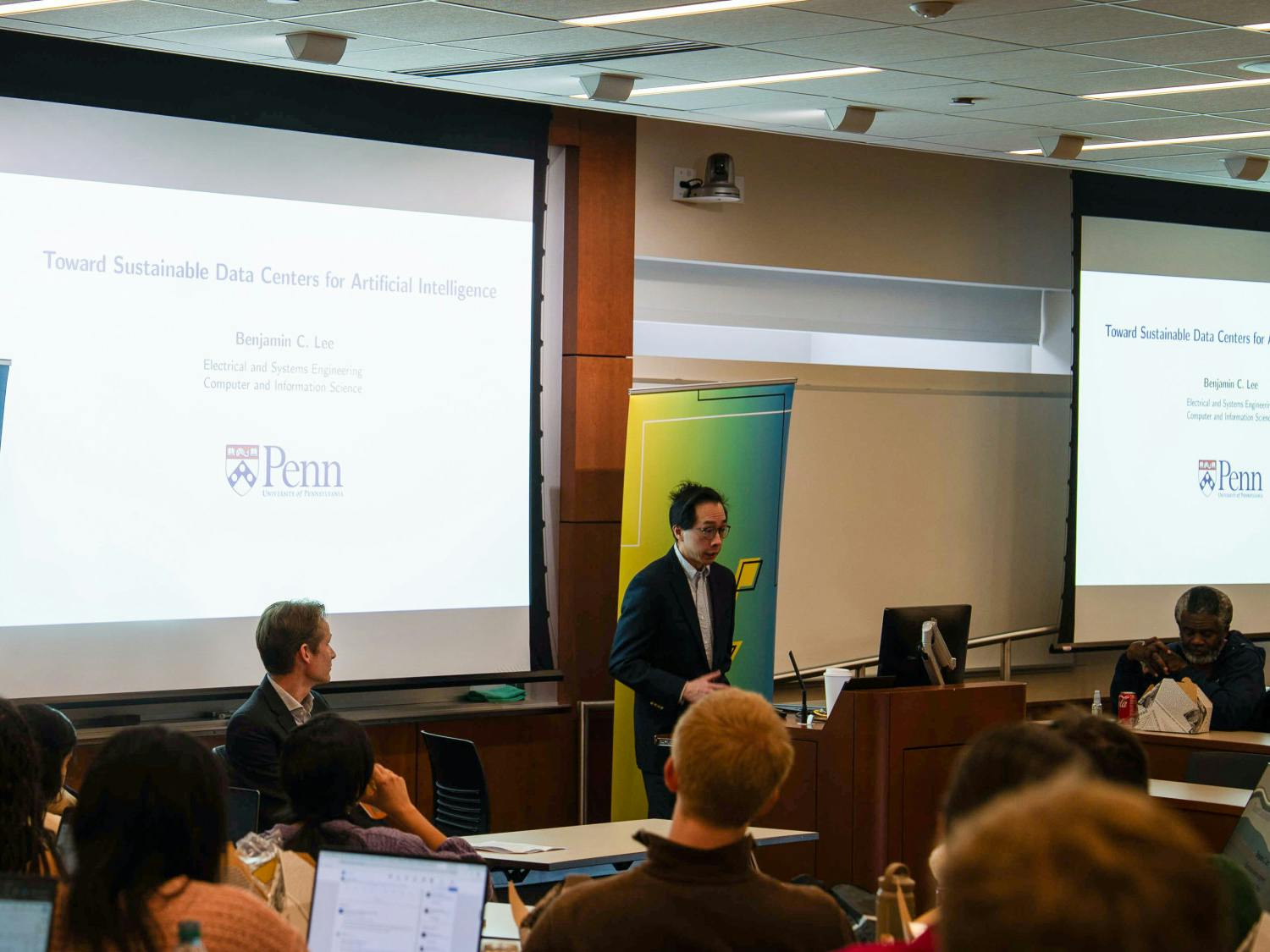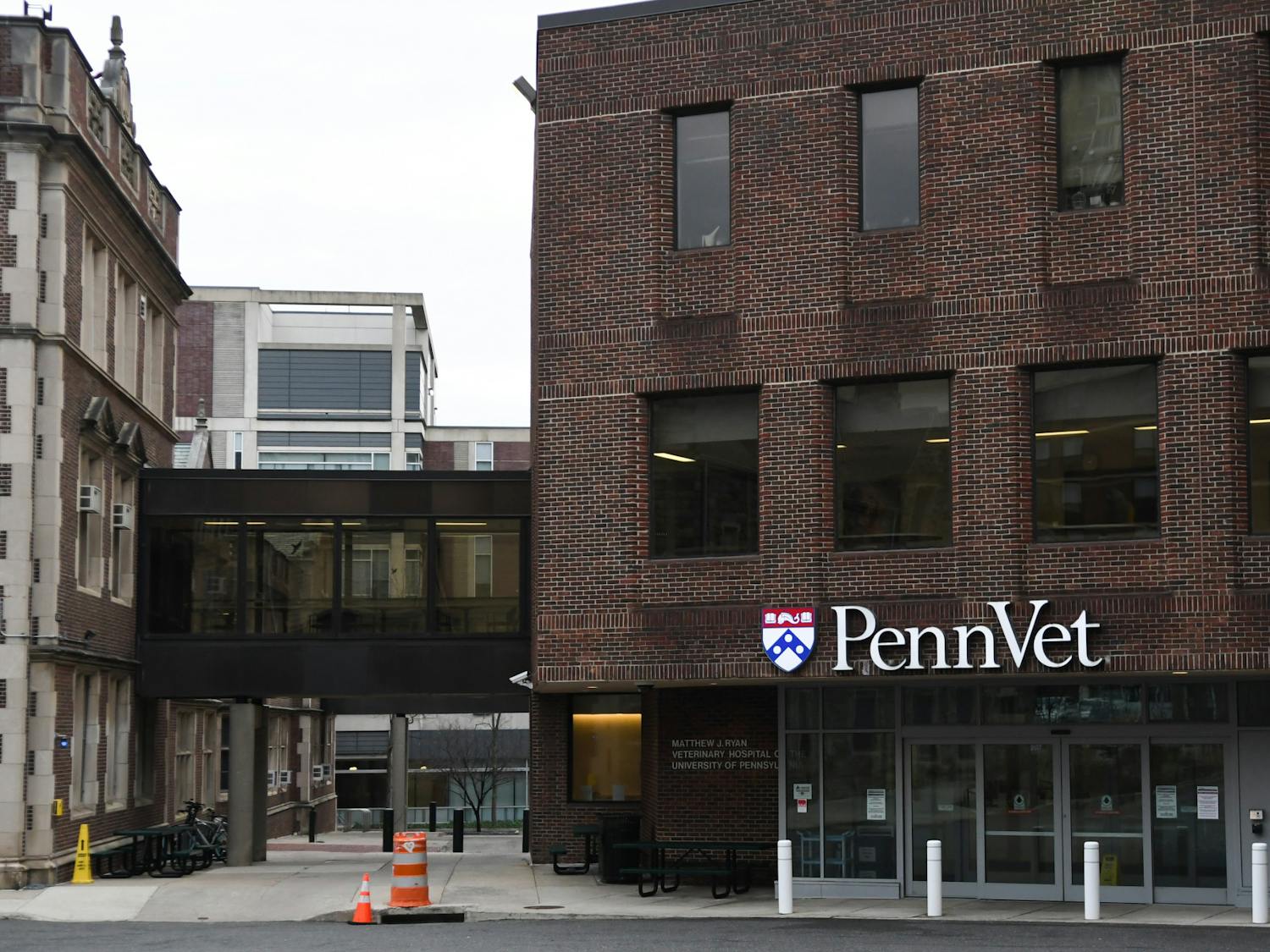Penn has outlined four scenarios under consideration for fall 2020 in response to the pandemic, ranging from a hybrid of in-person and online instruction, a shortened in-person semester, and entirely online learning.
Penn President Amy Gutmann, Provost Wendell Pritchett, Executive Vice President Craig Carnaroli, and Perelman School of Medicine Dean J. Larry Jameson sent an email to the Penn community on Thursday afternoon announcing that the University will finalize more specific plans for fall 2020 by the end of June.
“For students to return, for instance, we need to be sure that we have better and more readily available testing, contact tracing, and isolation space for those who may test positive; capacity to provide appropriate distancing in housing and dining settings; and workable policies and practices for social gatherings, to name just a few considerations,” the email read.

The hybrid experience will feature some in-person instruction limited to small seminars, research group meetings, experimental clinics and studios, and courses enrolling no more than 25 students. The University is also considering in-person instruction ending at Thanksgiving Break with additional class meetings scheduled in the evenings or on Saturdays. The remainder of the semester would be conducted online in this scenario.
Other scenarios include expanding summer class offerings in 2021 and continued online-only instruction for the entire fall semester.
In the case that on-campus activities resume, the University outlined efforts to ensure campus safety amid the pandemic.
The ‘Public Health Social Compact’ would require students, faculty, and staff to wear facial masks, practice six-feet physical distancing measures, and avoid large gatherings of 25 or more people, including all extracurricular activities.
RELATED:
Here’s how the Ivy League is planning for the fall semester
Disillusioned students consider gap semesters if fall courses are held online
Other efforts include regular testing abilities, travel limitations, fewer students in the College Houses, and traffic-reducing measures in dining halls, libraries, fitness centers, and other aspects of student life.
Undergraduate and graduate students will likely engage in different scenarios for fall 2020, depending on degree requirements and the importance of clinics, labs, and studios, according to the email.
After discontinuing all non-essential research in March when the University shifted all classes online, Penn will look to resume research in three distinct phases, according to the email.
In Phase 1, priority research will increase and expand with a particular focus on research relating to the COVID-19 pandemic. Phases 2 and 3 will work to slowly resume full research operations, with a priority on physical distancing practices in labs.
“Our primary goal, clearly and unequivocally, is to minimize person-to-person transmission and protect the more vulnerable within our community while providing the atmosphere for an outstanding educational experience,” the email read.
Penn administration is working with a Recovery Planning Group composed of University leaders in related health and academic fields, and experts of the Perelman School of Medicine and University Health System.
“We start from the fundamental premise that no emergency, no matter how dire, will prevent us from being Penn,” the email read.









